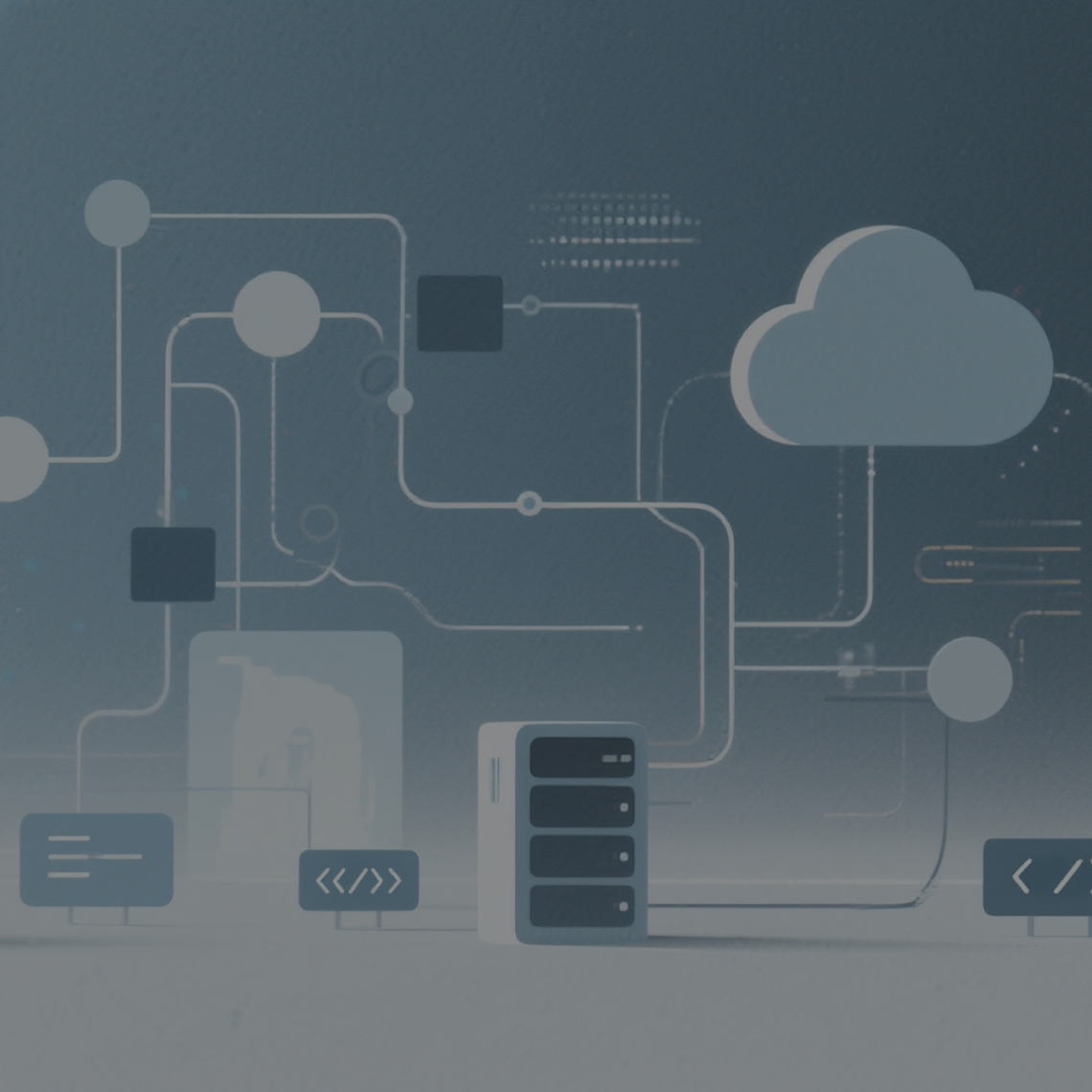The applications of artificial intelligence in business are varied and increasing. Learn how AI can benefit companies in virtually every industry.
The use of artificial intelligence in business has exploded in recent years. In fact, applications of artificial intelligence in business are expected to result in a 21% net increase in the United States GDP by 2030, according to Forbes.
The influx of artificial intelligence business applications has led to some wonderful uses for this technology. For example, Flippy is the world’s first AI-powered robotic kitchen assistant designed to help make restaurant kitchens run smoothly—by flipping burgers. Elsewhere, IBM partnered with Symrise to devise new, better perfume formulas using artificial intelligence.
Beyond these more novel uses of AI, businesses across industries are integrating artificial intelligence into key functions to save time, money, and other resources. Today, the most popular ways businesses use artificial intelligence include customer service, cybersecurity, content creation, and talent sourcing.
It’s not straightforward to quantify the impact of artificial intelligence on business. Data from IBM suggest that best-in-class companies reap a 13% ROI on AI projects. Consulting firm PwC also points to the “soft ROI” of AI projects, including higher employee satisfaction and retention, skills acquisition, brand enhancement, and a higher valuation of the company.
How artificial intelligence is transforming business
Artificial intelligence in business takes many forms. Here are some common use cases that demonstrate the impact AI is having across industries.
Banking and Financial Services
The financial industry has already integrated artificial intelligence into many key business processes. One of the biggest use cases is fraud detection; AI can process large datasets to pinpoint anomalies and patterns that could indicate potential fraud. These tools allow banks and financial services to improve accuracy and protect customer data and account information.
On the customer side, AI chatbots can process loan applications, perform credit checks, and recommend financial products to customers. These robo-advisors can also analyze emails, social media posts, and other personal data to find industries and businesses that match customer requirements and long-term goals.
Customer Support
In a world where two-thirds of millennials expect real-time customer service, AI can help businesses meet customer needs without adding manpower. Artificial intelligence provides the first layer of customer support, enabling a level of self-service that satisfies basic queries without the need for a live support agent.
Chatbots serve as a valuable complement to human customer service agents by offering round-the-clock availability and efficiently addressing basic queries, such as those commonly found in an FAQ section.
Artificial intelligence for business customer support can help improve employee morale, personalize each customer’s interaction with the company, and increase efficiency by handling the time-consuming, routine parts of customer service — such as searching for knowledge articles, routing requests to the right department, and manually typing responses.
Human Resources
Artificial intelligence can also help enhance HR functions. Recruiting and hiring processes involve many repetitive, time-consuming tasks that AI can easily automate. AI can help recruiters find and connect with candidates, identify and select the best fit, and save time by scheduling interviews on behalf of recruiters.
AI applications and data-driven hiring platforms typically focus on connecting organizations with the right candidates. At Andela, for instance, we use AI matching algorithms to select the best engineers, fast. These algorithms can reduce the time to hire and onboard employees by up to 70%.
[Read more: Get started with GenAI in 4 steps]
Manufacturing
“In manufacturing, AI is employed across several lines and layers of operations, from workforce planning to product design, thus improving efficiency, product quality, and employee safety,” wrote Akash Takyar, founder and CEO at LeewayHertz.
AI plays a significant role in quality control, production processes, scheduling maintenance and equipment upgrades, and streamlining manufacturing workflows. It can also help improve production forecasts, using predictive analytics to anticipate future orders and ensure on-time production.
Marketing and Sales
AI can create marketing campaigns and improve customer relationship management, as well as the detailed logistics of managing marketing campaigns. Marketers use AI to automate repetitive tasks, analyze large quantities of data, personalize social media campaigns, and predict conversion rates. Popular platforms like Bard and ChatGPT are helping generate content for email marketing, social media, and landing pages.
On the sales side, AI helps segment customer groups more accurately, integrating with CRM systems to generate more sophisticated reports on customer segments, spending patterns, and spending history. AI can also help identify prospects with a high chance of converting, freeing your sales team to focus on the leads that truly matter.
Retail and E-commerce
There are dozens of artificial intelligence applications in business for the retail and e-commerce sectors. According to data from Statista, e-commerce companies are using AI for everything from personalization to marketing.
Tools like Clerk use artificial intelligence to analyze customer behavior and personalize the sales process in a way that grows sales by 15-30%. At physical retail locations, the US Chamber of Commerce found that “AI is being used in supermarkets and at mass merchants to keep shelves stocked properly and to help stores keep track of inventory and product demand.”
Online fashion retailers also use AI-based body visualization platforms to help customers “try on” styles before they click buy. And, like the financial and customer support sectors, AI bots can help answer simple questions about retail returns, sizing, and other product details.
Conclusion
The applications of artificial intelligence in business are still expanding as technology gets more advanced. The AI market is projected to reach $407 billion by 2027, a huge growth rate from the estimated $86.9 billion in revenue in 2022. And, since AI has demonstrably impacted virtually every industry, companies that neglect AI will start to lose out to their competition.
Andela can help companies start to harness the power of AI. We connect businesses to top AI experts who can develop artificial intelligence applications for your organization. Contact Andela today to harness the full potential of AI and machine learning and optimize your company for unprecedented growth.




.png)




.avif)



.png)










